Top MP: Iran can tap into trillion-dollar market outside US sanction environment
Iran’s parliament welcomes de-dollarization in global trade as the country can capitalize on the trillion-dollar market not subjected to the US sanctions, according to a top lawmaker.
Abolfazl Amouei, the spokesman for the National Security and Foreign Policy Commission of Majlis (the Iranian Parliament), told Press TV’s show Insight that Iran’s share of the thriving market in the region is minimal, and this needs to be tackled.
“We in the parliament welcome the approaches that help to remove the dollar from Iran’s trade, in our surrounding region alone, more than a trillion dollar trade takes place annually, and Iran’s share is very small,” Amouei said.
As per some estimates, Iran’s share of the regional market amounts to 3 to 4 percent, he said, adding, “We think that [Iran’s] capacity is more than this and one of the demands we have from our government is to follow up on this issue.”
“Nowadays, a business space has been formed outside the US sanctions environment, which is worth several hundred billion dollars, and surely all these countries that are unjustly under sanctions are using this space and it is developing with the current trend,” he told Press TV.
He slammed the US for weaponizing the dollar, saying that the dollar is definitely one of the effective tools that the US uses to exercise its dominance.
Therefore, he added, the Majlis definitely supports initiatives to distance the country’s foreign trade from the dollar.
“Our international trade exceeded 130 billion dollars last year. This is an amazing figure for those who are not familiar with our economic system and activities, and in this path, we definitely welcome the increase of bilateral cooperation with national and local currencies,” the MP said.
He went on to add that Iran is making efforts to set up banking institutions in countries that are willing to do business with Tehran.
While the financial system inside the country is working transparently, Amouei said, Iran’s international financial affairs lack the necessary transparency due to the pressure exerted by the US.
“The 130-billion dollar trade is not possible without international cooperation, but the cooperation should not be announced publicly because of the pressure of the Americans, the Zionists, and the anti-Iran lobbies, to impose sanctions on them,” he added.
The spokesman lauded Iran as a “master of circumventing sanctions” saying more than 20 countries affected by the US unilateral sanctions do business with Iran.
“The truth is that the Americans have reduced the impact of the weapon of sanction by using it excessively,” he said, adding that it is because of the Americans’ lack of long-term strategic understanding.
In late March, in a significant admission, U.S. Treasury Secretary Janet Yellen said that the sanctions imposed on Iran by the US are not working.
“Our sanctions on Iran have created real economic crisis in the country, ... Has that forced a change in behavior? The answer is much less than we would ideally like,” Yellen told lawmakers in a hearing.
By change in behavior, Yellen could be pointing to the US’s inauthentic concerns over Iran’s nuclear program.
Iran and several world powers, including the United States reached an agreement in 2015 formally known as the Joint Comprehensive Plan of Action (JCPOA). Under the terms of the agreement, Iran agreed to cap down its nuclear program in return for the removal of sanctions, which was never came honored fully by the US and other parties to the deal, despite Iran’s conformity to the deal.
In 2018, after then-US president Donald Trump unilaterally withdrew from the deal and re-imposed harsher sanctions on the country, Iran rolled back its compliance with the nuclear accord as the deal itself grants the compliant party the right to suspend its commitments in case of non-performance by the other side.
Currently, regardless of the several rounds of talks between the two sides, that began in April 2021, diplomacy between Washington and Tehran continues to stall.
US miscalculation
Amouei explained that in 2015 the Iranian parliament ratified the JCPOA on the condition that it served Iran’s national interests.
He criticized Washington’s non-compliance to the deal from the beginning saying the US also prevented other parties to the agreement from implementing their obligations.
That is why, he said, the parliament introduced a roadmap in the form of a law called the Strategic Action Plan to Lift Sanctions in 2020.
He said according to the law “since the other party has not fulfilled its commitments, Iran also stopped the voluntary implementation of its commitments, so it removed restrictions on the enrichment process, and the enriched uranium stockpile and did not implement the extra-safeguard inspections set by the deal.”
The reason why the negotiations slowed down since last September was the fact that the US made a miscalculation about Iran’s internal condition following the foreign-instigated riots across the country after the death of a young woman, Mahsa Amini, at a police station, he said.
“Maybe the Americans came to the analysis that Iran may desist from its main positions in the nuclear issue due to its own internal issues, but this was an incorrect calculation,” he said.
“We announced to the other party during those developments through the exchange of non-papers that we will not give up on our positions,” he added.
Amouei said the nation helped to bring public security back to the country sending a message to the world that sovereignty, public security, and public order have the maximum support in Iran.
Amini, a 22-year-old woman of Kurdish descent, was taken into custody by Iran’s morality police. On September 16 riots broke out in the country after she collapsed at the police station and died later at the hospital.
While later it was formally announced by Iran’s Legal Medicine Organization that Amini’s death was caused by underlying health issues rather than alleged blows to the head or other vital body organs as reported in the Western media, rioters continued to wreak havoc across the country.
In October, Iran’s Intelligence Ministry and the Intelligence Organization of the Islamic Revolution Guards Corps (IRGC) issued a joint statement, pointing to the major role of foreign spy agencies, especially the CIA, in orchestrating the violent riots in Iran.
International cooperation
Elsewhere in his remarks, Amouei pointed to Iran’s accession to the Shanghai Cooperation Organization (SCO) as well as its application to join the BRICS group comprising Brazil, Russia, India, China, and South Africa.
The parliament supports the national interest by facilitating international cooperation with Asian and Eurasian countries, those that do not have a hegemonic position, he said.
He said that the government is currently pursuing cooperation with organizations and institutions like the BRICS and SCO, which try to develop multilateralism in the international arena and are looking for alternative ways for economic cooperation.
The BRICS group accounts for more than 40% of the global population and nearly a quarter of the world’s gross domestic product.
The SCO was founded by China, Russia, Uzbekistan, Kazakhstan, Kyrgyzstan, and Tajikistan in 2001, and currently forms the world’s biggest regional market with eight official and four observer members. SCO, too, accounts for 40 percent of the world’s population and 28 percent of the global gross domestic product (GDP).
Iran-Saudi détente
Reaching a “common solution,” despite the difference of opinion between Iran and Saudi Arabia is in the interest of the Islamic world, Amouei said.
In March, Iran and Saudi Arabia agreed to resume their diplomatic relations and reopen their embassies and diplomatic missions after seven years following days of intensive talks in Beijing.
He described China as an “influential actor” in the West Asian region saying that China’s role in striking the agreement between Tehran and Riyadh can be considered by many as a sign of the US’s “weakness and inability” to create stability in the Persian Gulf region.
He said the revival of ties between Iran and the Kingdom can pose a threat to the Zionist regime’s survival.
“The Saudi government has taken steps for stability in the region with this move, and I believe that by continuing this path, we can reach the vision of a united Islamic front against the Zionists,” he added.
'Capitulation': Israeli officials and media concede Gaza defeat as truce unfolds
'Gaza has won': Social media users react to ceasefire with mix of relief, joy
Iran seeks South Korea’s assistance for AI, fiber-optic projects
VIDEO | Iran's 'Eqtedar' (Power) maneuver
Israel hits HTS military target in Syria for 1st time since fall of Assad
VIDEO | Press TV's news headlines
Israel has slaughtered 13,000 students in Gaza, West Bank
VIDEO | More Zionist than Zionists: Biden’s legacy to be defined by Gaza genocide


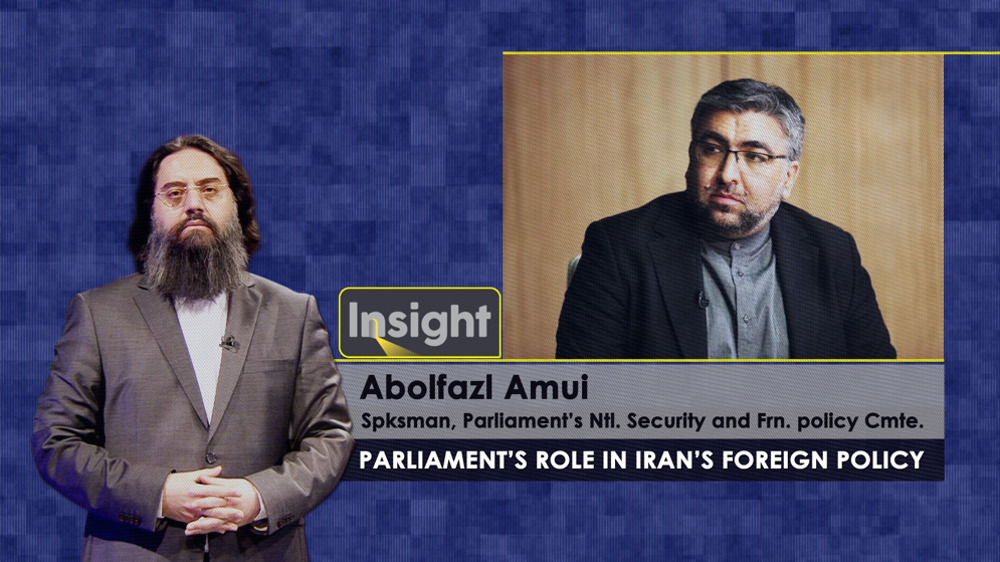
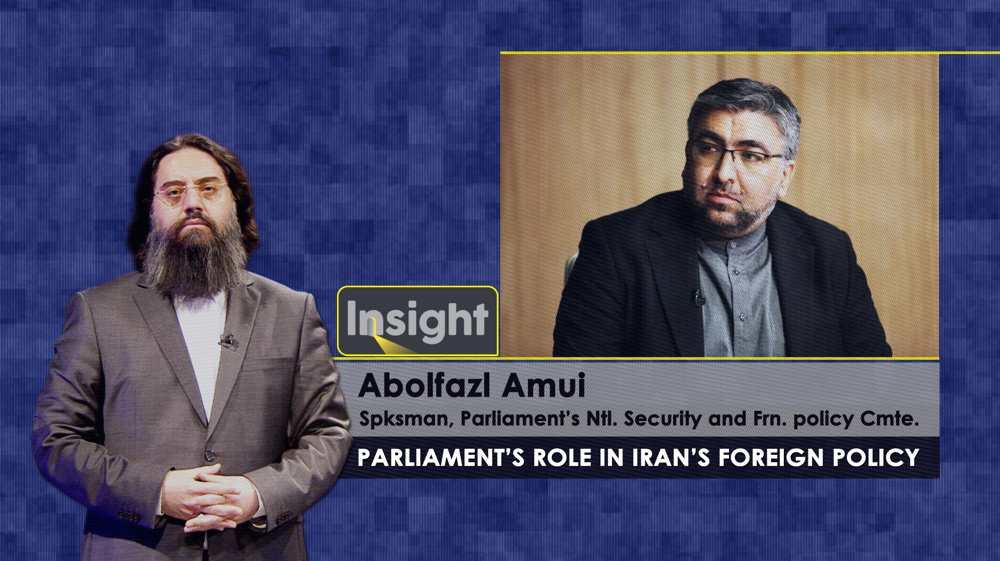
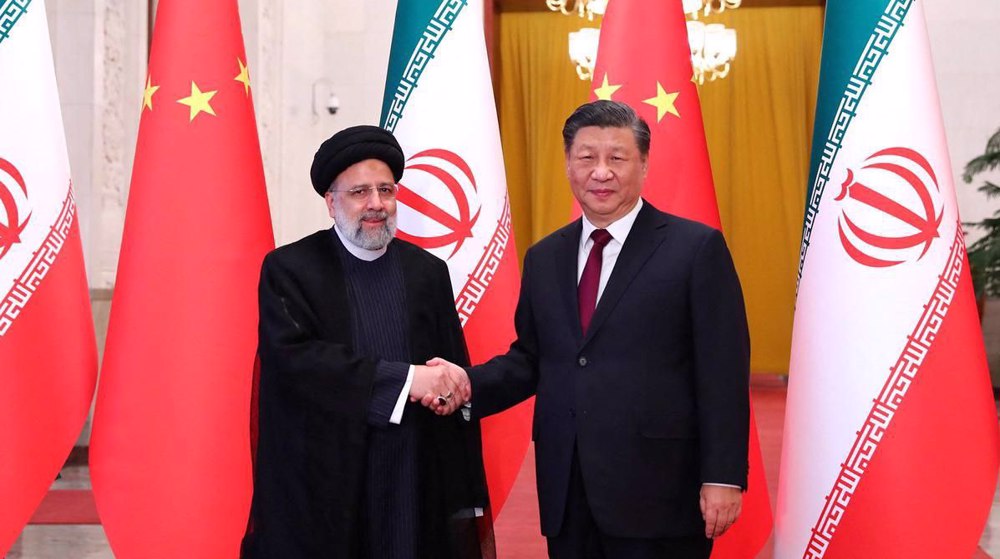
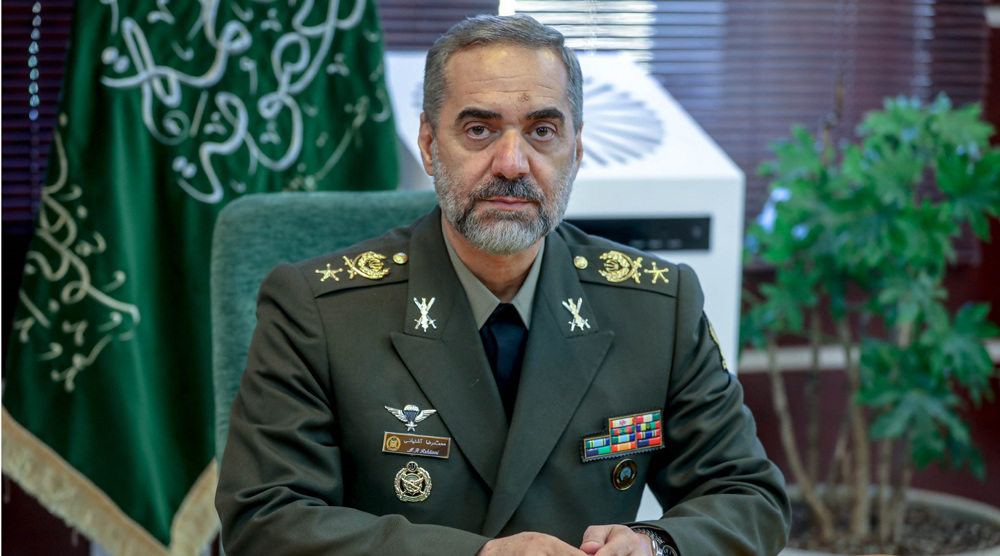
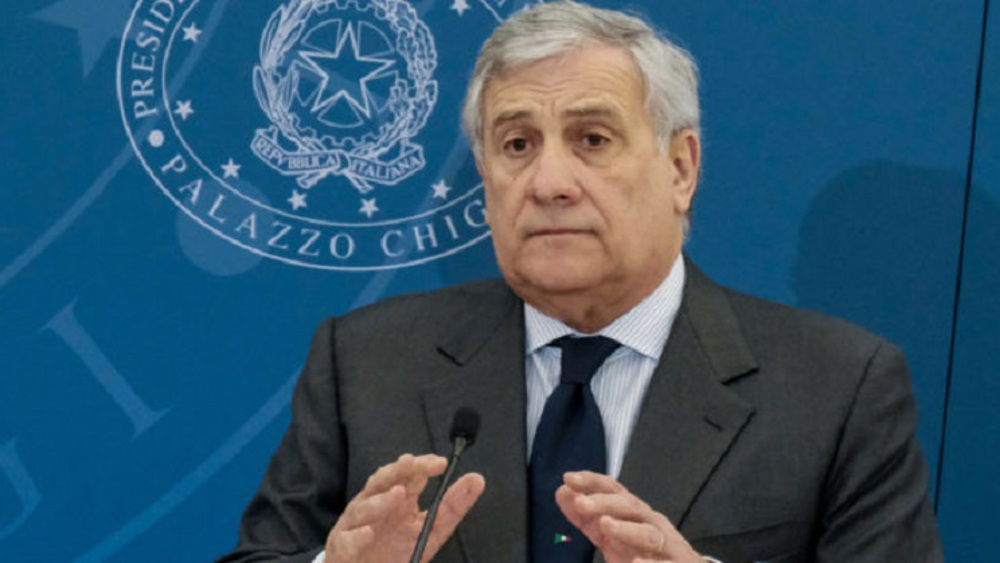

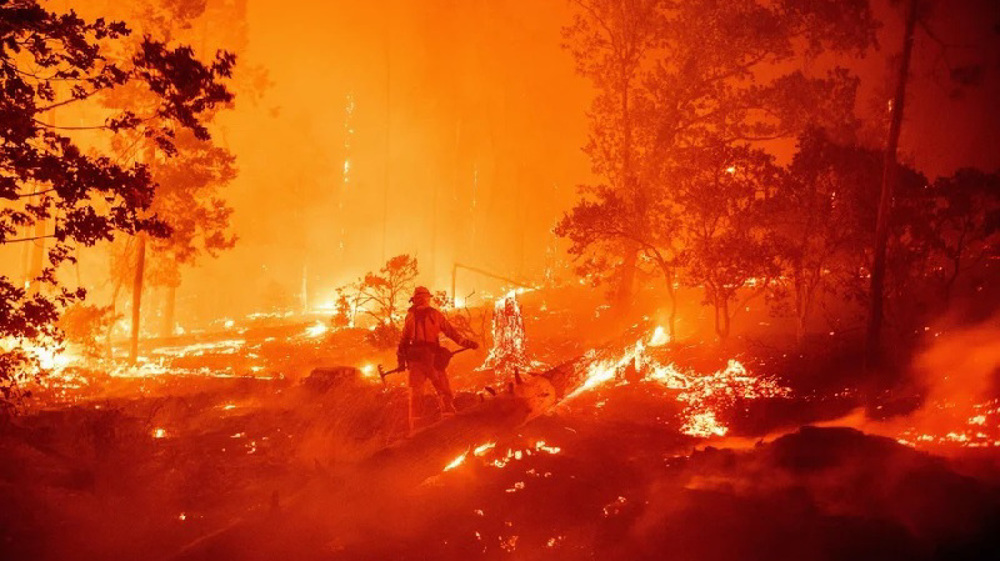



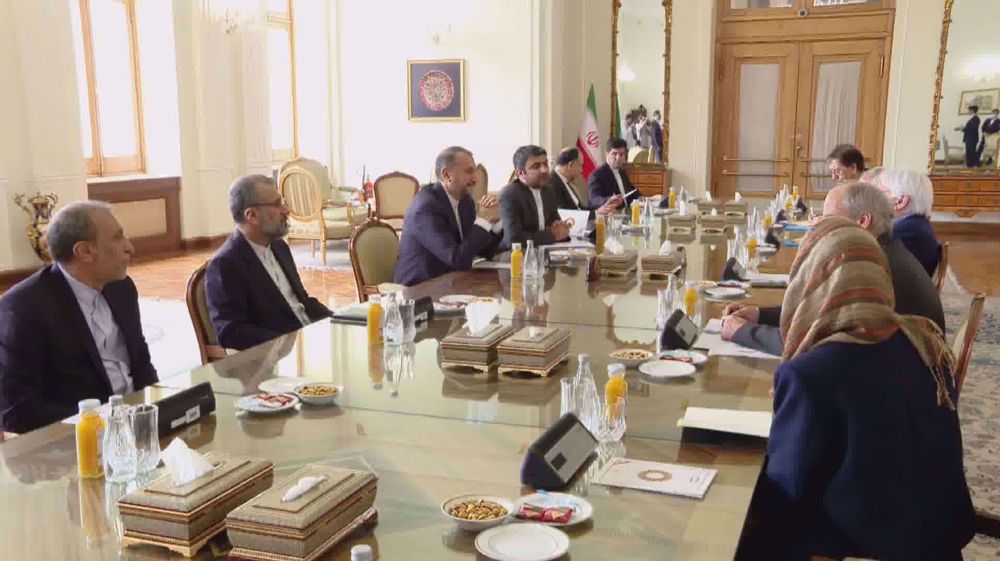
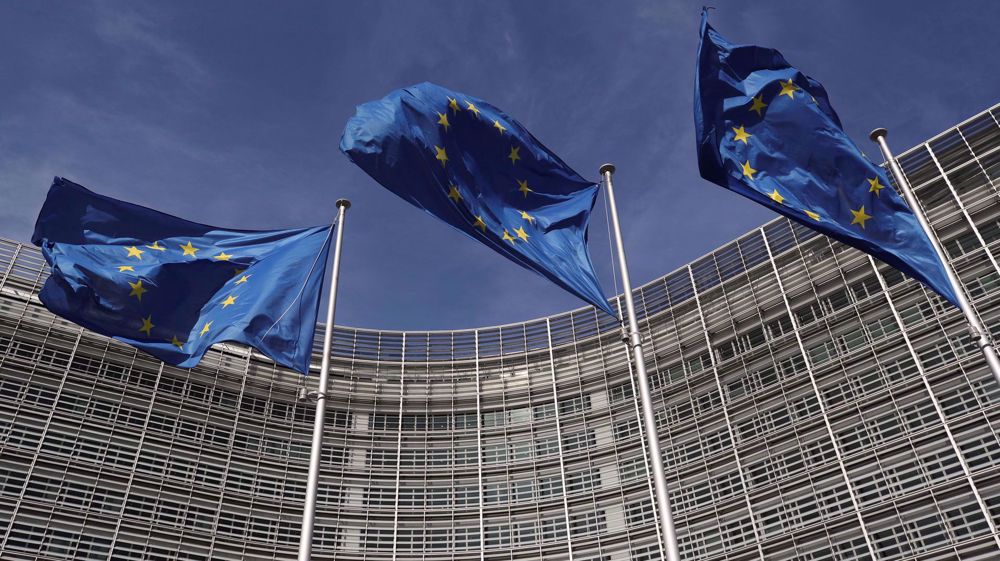
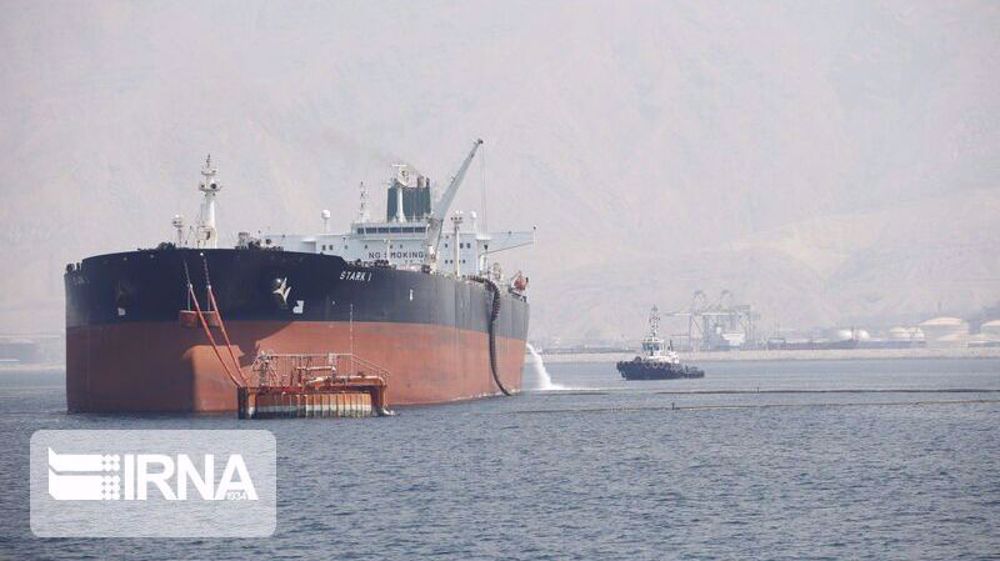
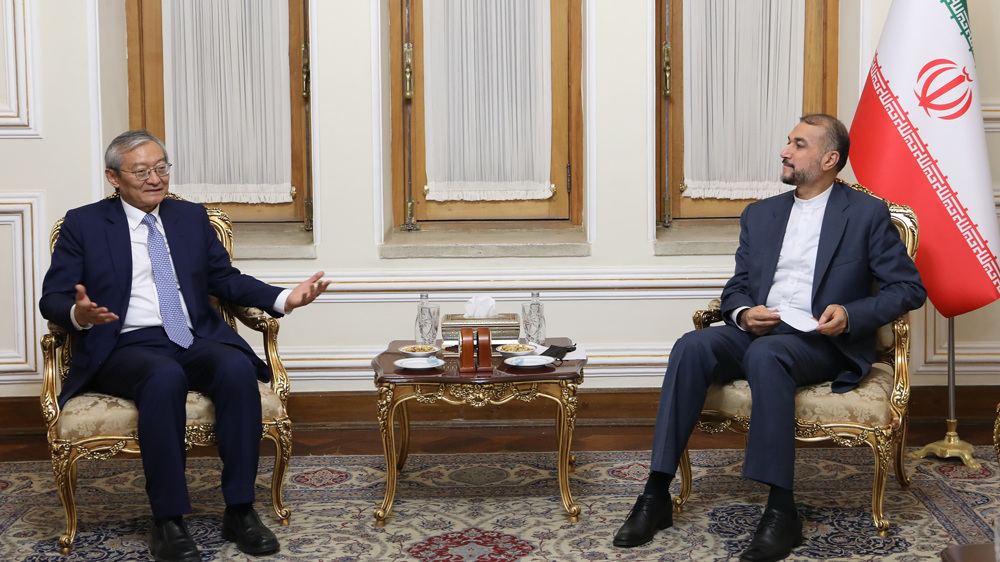
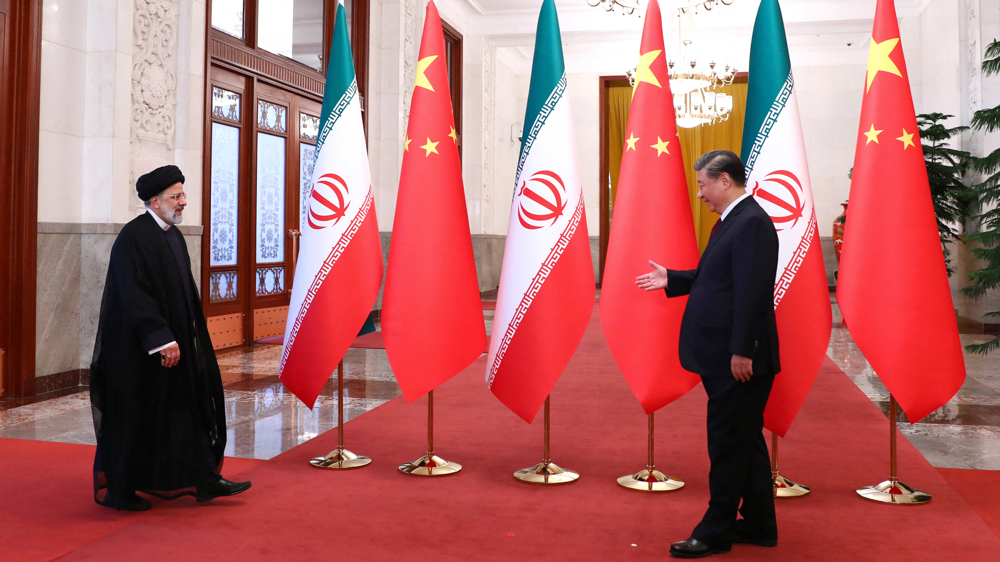
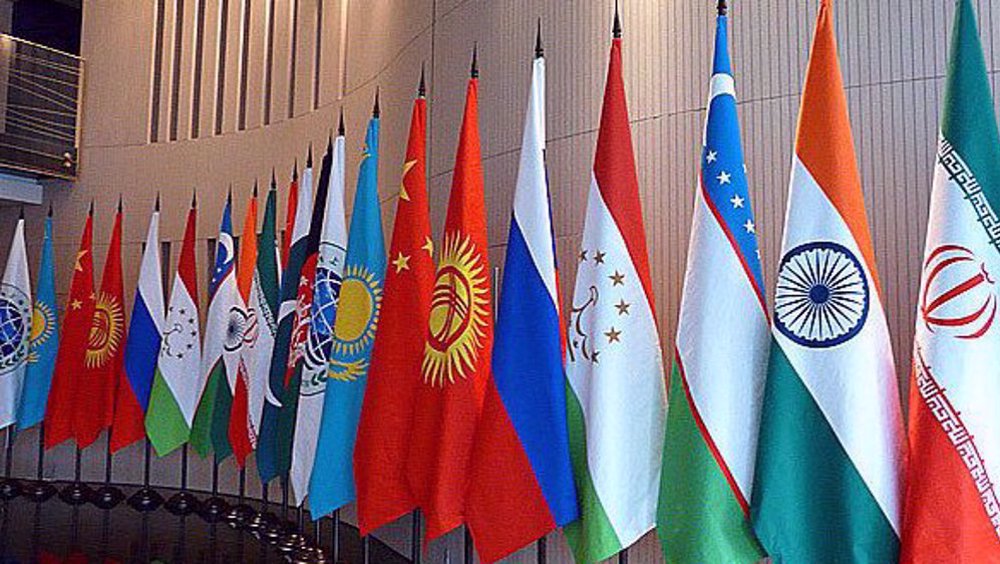
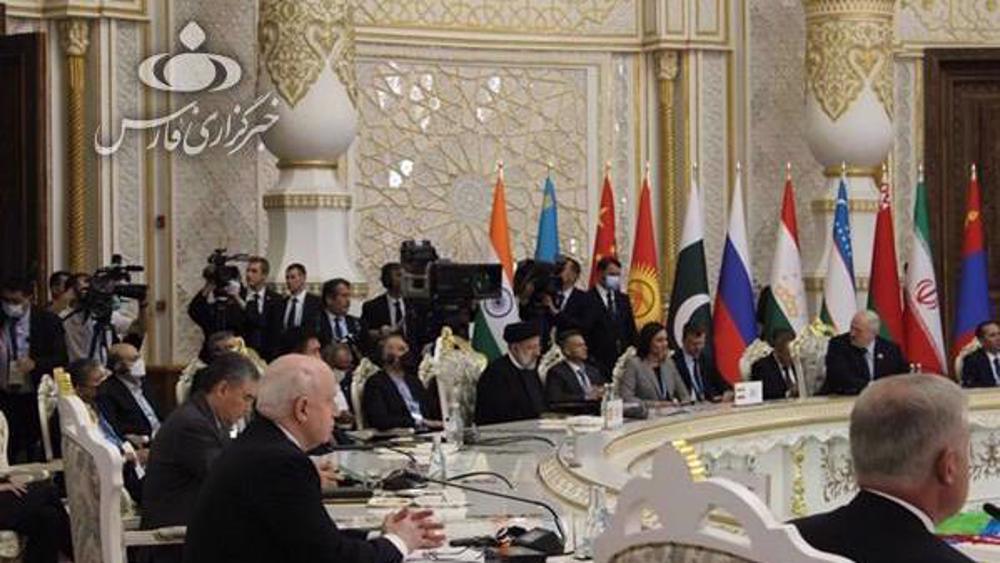

 This makes it easy to access the Press TV website
This makes it easy to access the Press TV website